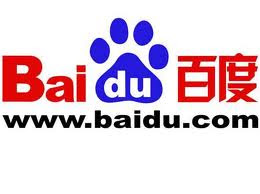Both Motorola and Kodak, icons of American innovation in the 70s and 80s, have been struggling in the last decade to reinvent themselves. Selling assets, spining off subsidiaries, streamlining operations, outsourcing non core business. Yet with the succession of CEOs and unending announcements of retructuring plans, neither company has figured out what to do with its rich patent portfolio.
"Obviously they've spend billions of dollars in the last 3 decades researching, developping and registering these patents, now probably all written-off in their balance sheets" remarks Rachid Sefrioui, Managing Director at Finaventures, a California-based venture capitalist.
While Silicon Valley is innovating and backing entrepreneurs who cleverly discover new uses for mankind, neither Motorola nor Kodak have decided to open up their portfolios to VCs and entrepreneurs. Surely there could be enough in there to come up with a dozen blockbuster applications that could pay off for either company.
While Silicon Valley is innovating and backing entrepreneurs who cleverly discover new uses for mankind, neither Motorola nor Kodak have decided to open up their portfolios to VCs and entrepreneurs. Surely there could be enough in there to come up with a dozen blockbuster applications that could pay off for either company.
Instead both companies are discretly shopping around their pristine patent portfolios to the highest bidders. Once cash proceeds are washed down by executive bonuses and restructuring costs, both companies will probably go the route of Polaroid and Borders...chapter 7.
And that's the glamour and tragedy of innovation.

